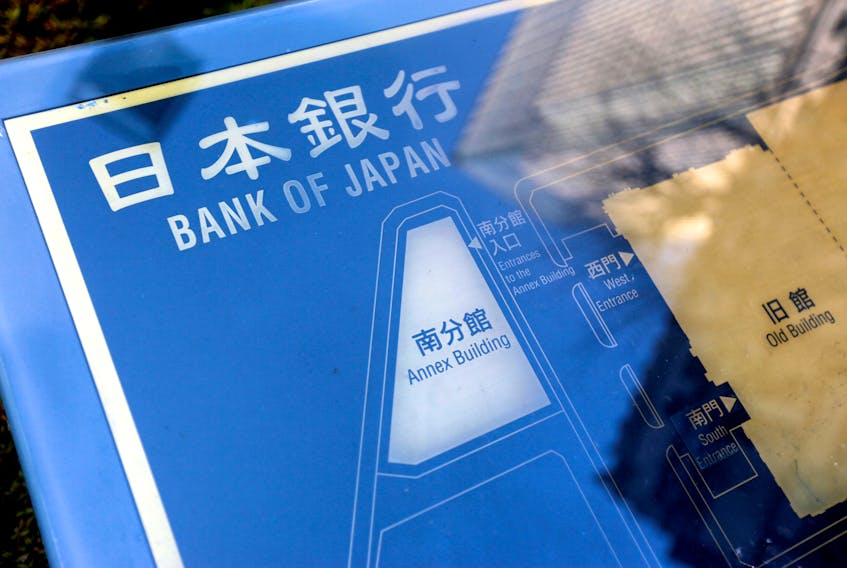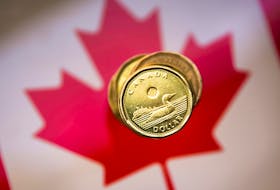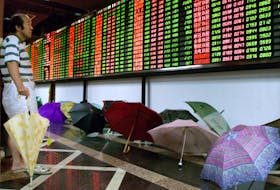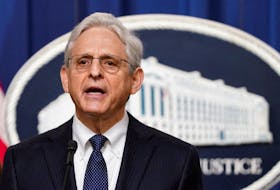By Leika Kihara
TOKYO (Reuters) - Bank of Japan policymakers debated the need to be vigilant over the rising cost of prolonged monetary easing when they adopted in April a pledge to keep ultra-low interest rates for at least a year, minutes of their rate review showed.
The increasing awareness of the risks of its policy underscores the challenge the BOJ would face if it were to ramp up an already massive stimulus program to battle the next recession.
At the April meeting, the BOJ kept monetary policy steady but clarified its forward guidance - or its pledge on the future path of monetary policy - to say it will maintain the current low rates "at least until the spring of 2020."
The decision was driven by heightening global economic uncertainties and projected delays in hitting the BOJ's elusive 2% inflation target, the minutes showed on Tuesday.
"The BOJ must be more vigilant than before to the side-effects of its policy on financial institutions and markets as it maintains the current ultra-easy policy," one member was quoted as saying at the April meeting.
The same member also stressed the importance of maintaining a mix of fiscal and monetary policies to help stimulate the economy, the minutes showed.
In deliberations on the outlook for monetary policy, one member went further to say additional declines in interest rates could do more harm than good to the economy, the minutes showed.
"It was becoming increasingly necessary to carefully balance the effects and side-effects of our policy," the member was quoted as saying.
"There was a possibility a further decline in interest rates would result in a greater risk of inducing side-effects on the economy, rather than positive effects" especially as low rates crunch financial institutions' margins, the member said.
Years of heavy money printing have failed to fire up inflation to the BOJ's target and left it with little ammunition to fight the next recession.
Prolonged easing has also added to stresses on regional banks, already facing slumping profits due to an ageing population and an exodus of borrowers to big cities.
Underscoring the rift within the nine-member board over the policy outlook, some members saw room and the potential need to expand stimulus given weak inflation and rising risks to Japan's economy.
One board member said the BOJ should "flexibly and decisively" expand stimulus if the economy loses momentum for achieving the bank's 2% inflation target, the minutes showed.
(Reporting by Leika Kihara; Editing by Chang-Ran Kim & Shri Navaratnam)









